When it comes to lighting, the distinction between commercial light fixtures and residential lighting fixtures is more significant than most people might initially think. The lighting used in commercial spaces such as offices, retail stores, and warehouses is designed with different criteria in mind compared to the lighting used in homes. These differences encompass aspects like functionality, design, durability, and cost. In this blog, we will explore these distinctions in depth and understand why choosing the right type of fixture for a particular environment is crucial.
Functional Differences
1. Purpose and Usage
Commercial light fixtures are designed to meet the demands of various business environments. These fixtures must provide adequate illumination for tasks, enhance productivity, and create a welcoming atmosphere for customers. They are often used in larger spaces that require consistent and high levels of light over long periods. For instance, an office might use overhead fluorescent lights that minimize glare on computer screens, while a retail store might use track lighting to highlight merchandise effectively.
On the other hand, residential lighting is more focused on creating a comfortable and aesthetically pleasing environment. The lighting needs in a home vary greatly from room to room. For example, bright task lighting is essential in kitchens and bathrooms, while softer, ambient lighting is preferred in living rooms and bedrooms.
2. Lighting Levels and Controls
Commercial spaces typically require higher levels of illumination to ensure safety and productivity. This necessitates the use of more powerful light fixtures and often involves sophisticated lighting controls such as dimmers, timers, and motion sensors. These controls help in managing energy consumption and adapting the lighting to different needs throughout the day.
In residential settings, the lighting requirements are generally lower. The focus is more on creating different moods and enhancing the visual appeal of the space. Home lighting often includes a mix of overhead lights, table lamps, and floor lamps, with simpler control mechanisms like basic dimmers and switches.

Design and Aesthetics
1. Style and Appearance
Commercial light fixtures are often designed with functionality and uniformity in mind. They usually have a modern, sleek, and minimalist design that can blend seamlessly into various commercial interiors. The emphasis is on creating a professional look rather than making a bold design statement.
Residential lighting fixtures, however, come in a wide range of styles, from contemporary to traditional, to match the diverse tastes and decor of homeowners. These fixtures often serve as decorative elements, enhancing the aesthetic appeal of the home. Chandeliers, pendant lights, and sconces are examples of residential fixtures that are chosen as much for their looks as for their lighting capabilities.
2. Customization
In commercial settings, customization of light fixtures is typically limited. The focus is on standardization to maintain consistency across the space. However, in some high-end commercial projects like luxury hotels or designer boutiques, custom lighting solutions may be employed to create a unique ambiance.
Residential lighting, on the other hand, offers a high degree of customization. Homeowners can choose from a variety of fixtures, finishes, and bulbs to match their personal style and the specific needs of each room. Custom fixtures are also more common in residential projects, allowing for unique designs that reflect the homeowner's personality.
Durability and Maintenance
1. Build Quality
Commercial light fixtures are built to withstand heavy usage and are often made from more durable materials. They need to be robust enough to handle frequent switching on and off, as well as exposure to dust, moisture, and potential physical impacts. This is especially true for fixtures used in industrial or outdoor commercial environments.
Residential light fixtures, while still needing to be reliable, do not generally face the same level of wear and tear. Therefore, they can be made from a wider variety of materials, including more delicate options like glass and fabric, which may not be suitable for commercial use.
2. Maintenance
Maintenance is a critical consideration in commercial lighting. Fixtures need to be easy to clean, and changing bulbs should be straightforward to minimize downtime. Many commercial light fixtures are designed to accommodate longer-lasting bulbs like LEDs to reduce the frequency of maintenance.
In residential settings, ease of maintenance is important but not as critical. Homeowners can afford to choose fixtures that may require a bit more care and occasional bulb replacements, given the lower frequency of use compared to commercial spaces.

Cost and Efficiency
1. Initial and Long-Term Costs
The initial cost of commercial light fixtures is typically higher due to their durability, higher light output, and advanced control systems. However, these fixtures are also designed to be more energy-efficient and have longer lifespans, which can lead to significant cost savings over time.
Residential lighting fixtures generally have a lower upfront cost. While there are energy-efficient options available, the focus on aesthetics sometimes leads to choices that are less energy-efficient compared to commercial fixtures.
2. Energy Efficiency
Energy efficiency is a major concern in commercial lighting due to the high usage levels. Many commercial spaces now use LED fixtures, which consume less energy and have longer lifespans compared to traditional incandescent or fluorescent lights. Additionally, the integration of smart lighting systems that can adjust light levels based on occupancy and natural light can further enhance energy savings.
In residential lighting, energy efficiency is important but often takes a backseat to aesthetic preferences. However, with the increasing availability of stylish LED fixtures and smart home systems, homeowners can now achieve both energy efficiency and visual appeal.
Conclusion
Choosing the right light fixtures for commercial and residential spaces requires an understanding of their distinct needs and characteristics. Commercial light fixtures prioritize functionality, durability, and efficiency, catering to the demands of business environments. In contrast, residential lighting fixtures emphasize comfort, aesthetics, and personalization, creating a pleasant living environment.
By considering the specific requirements of each setting, whether it be an office, store, home, or apartment, one can make informed decisions that enhance both the functionality and beauty of the space. Ultimately, the right lighting not only illuminates a space but also significantly impacts the overall experience and well-being of its occupants.

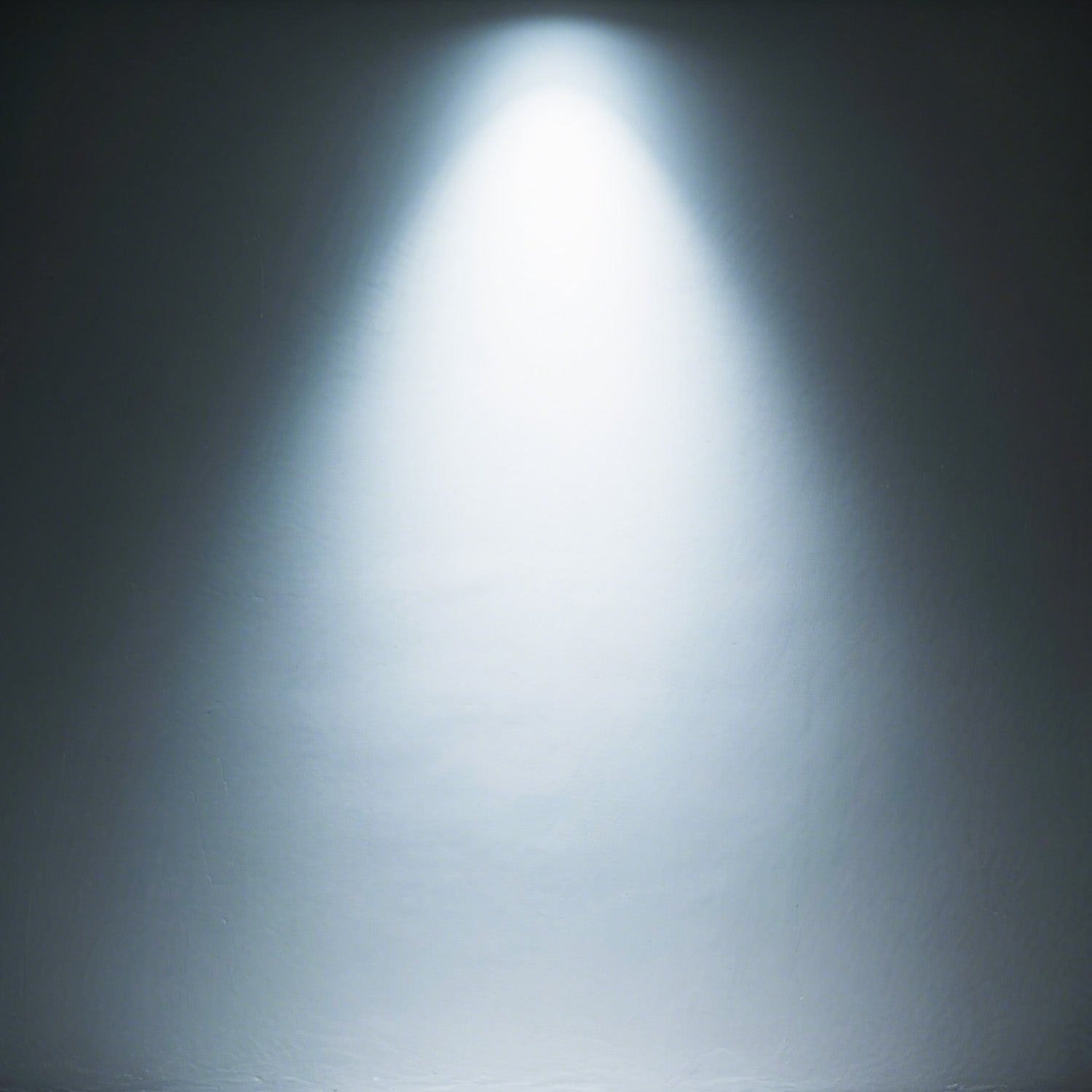
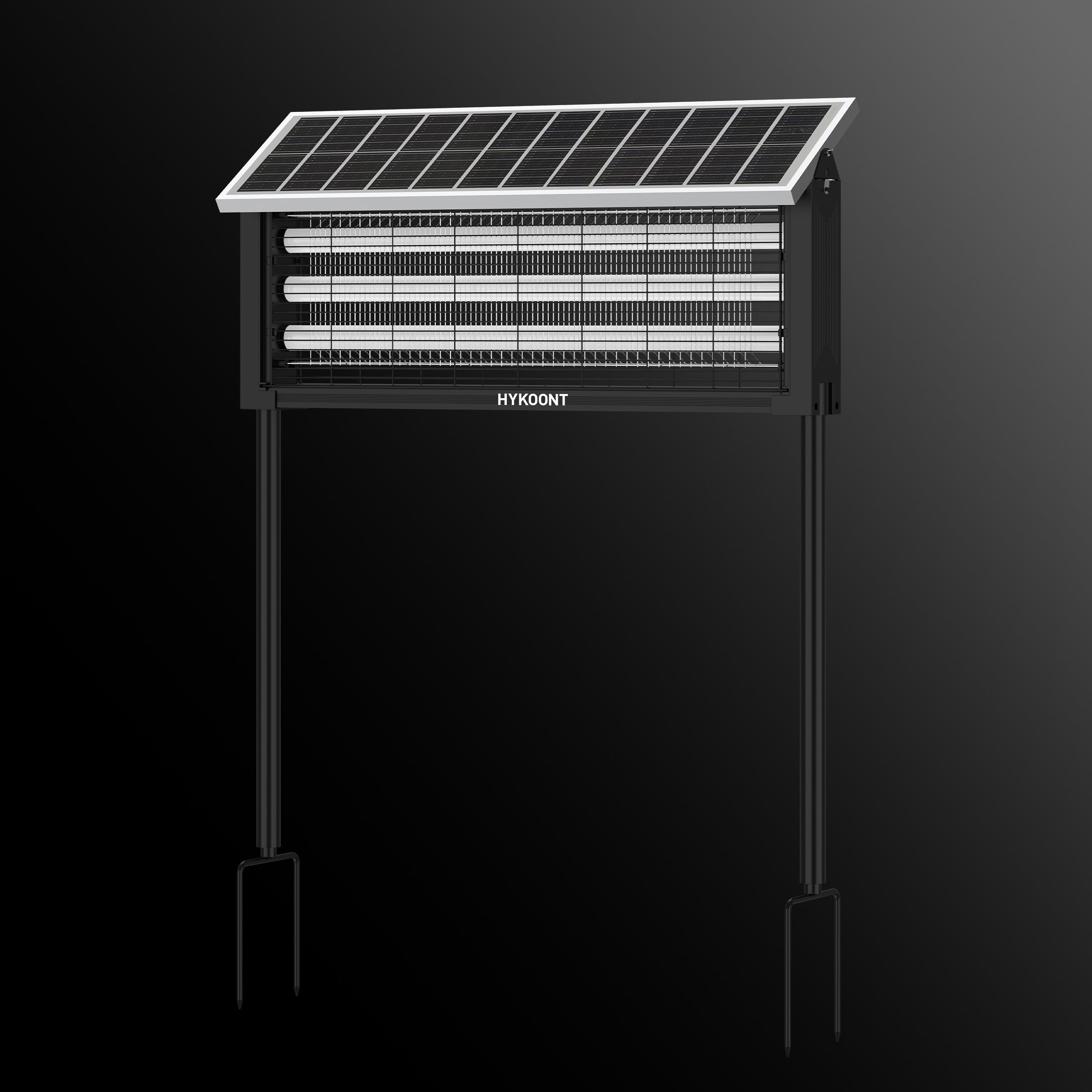
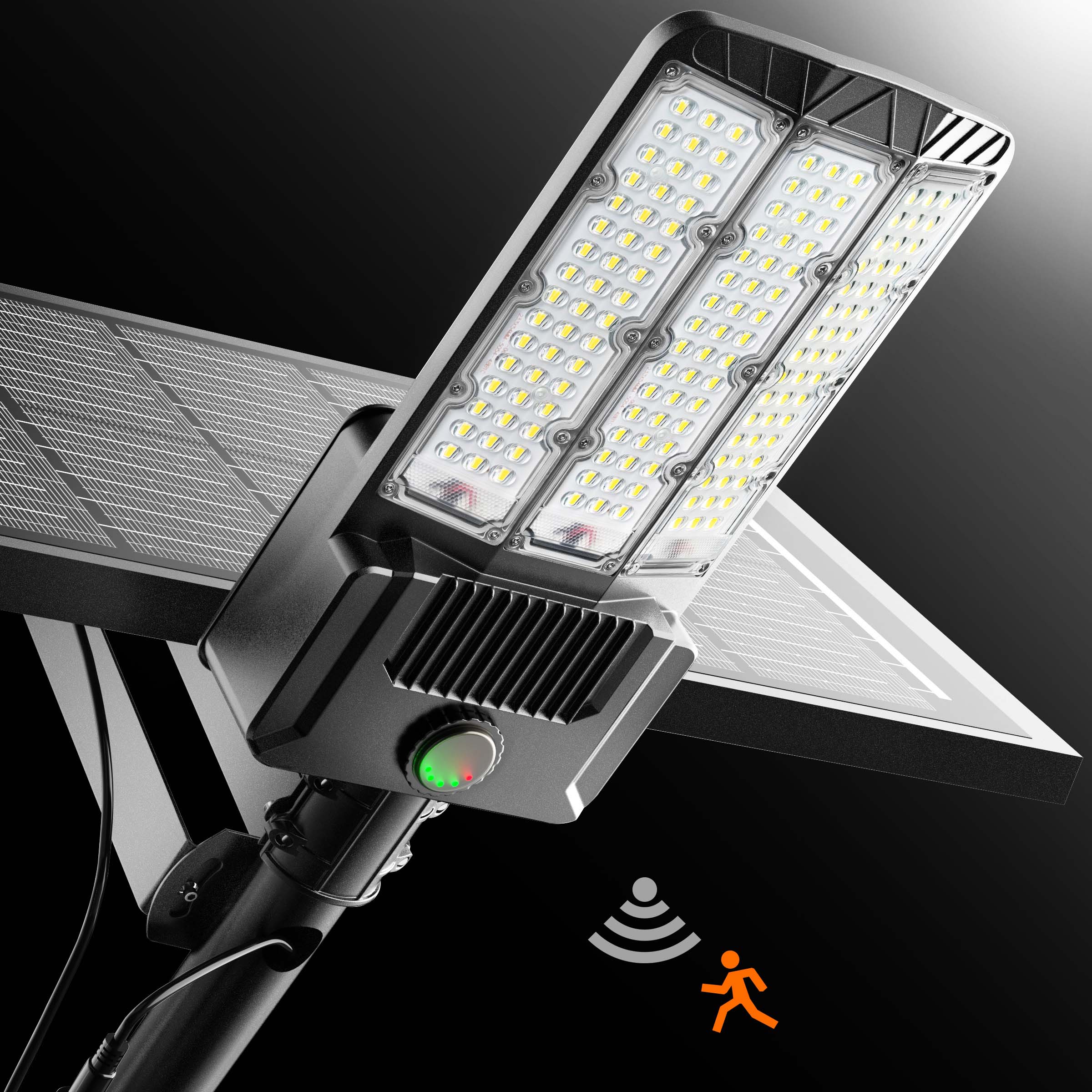
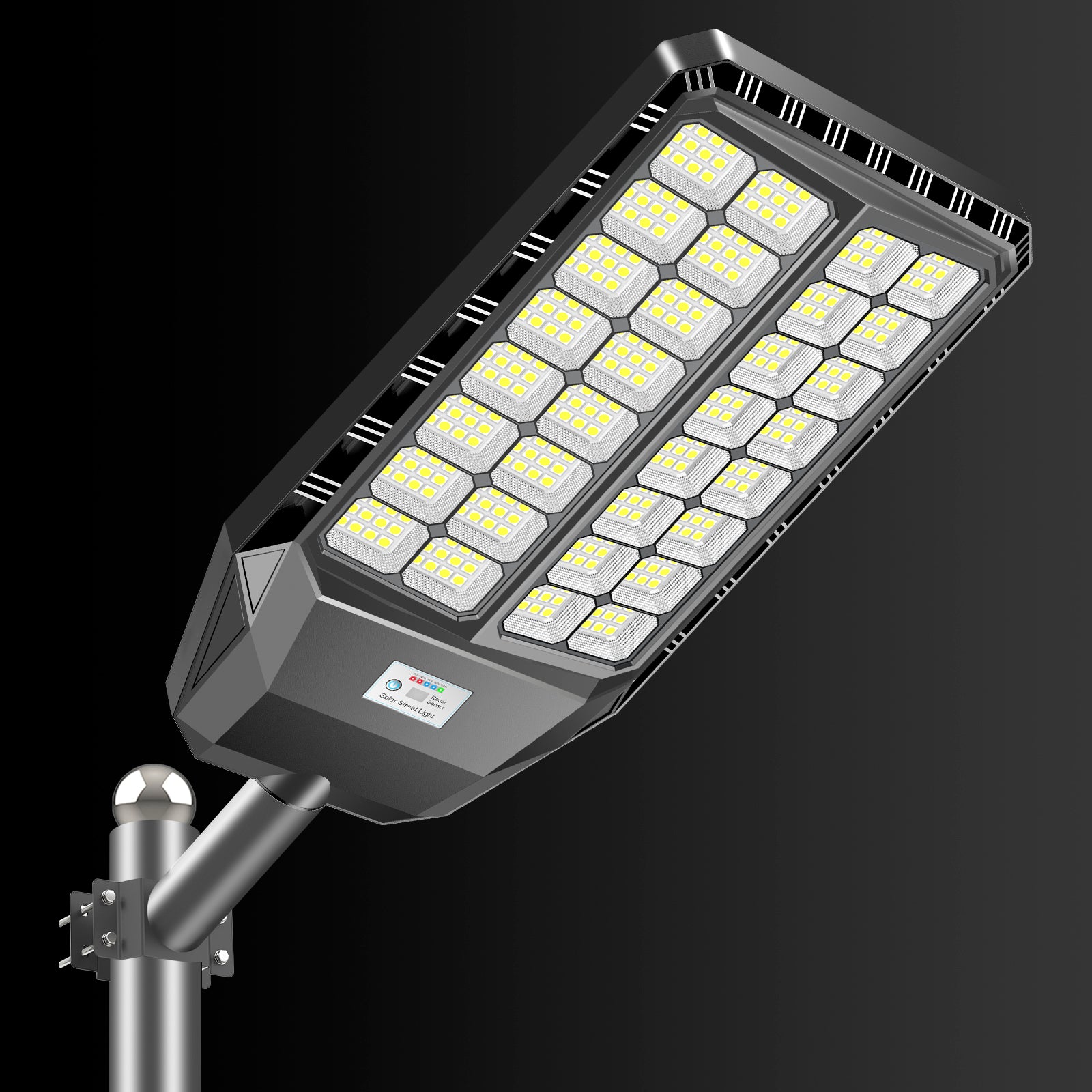
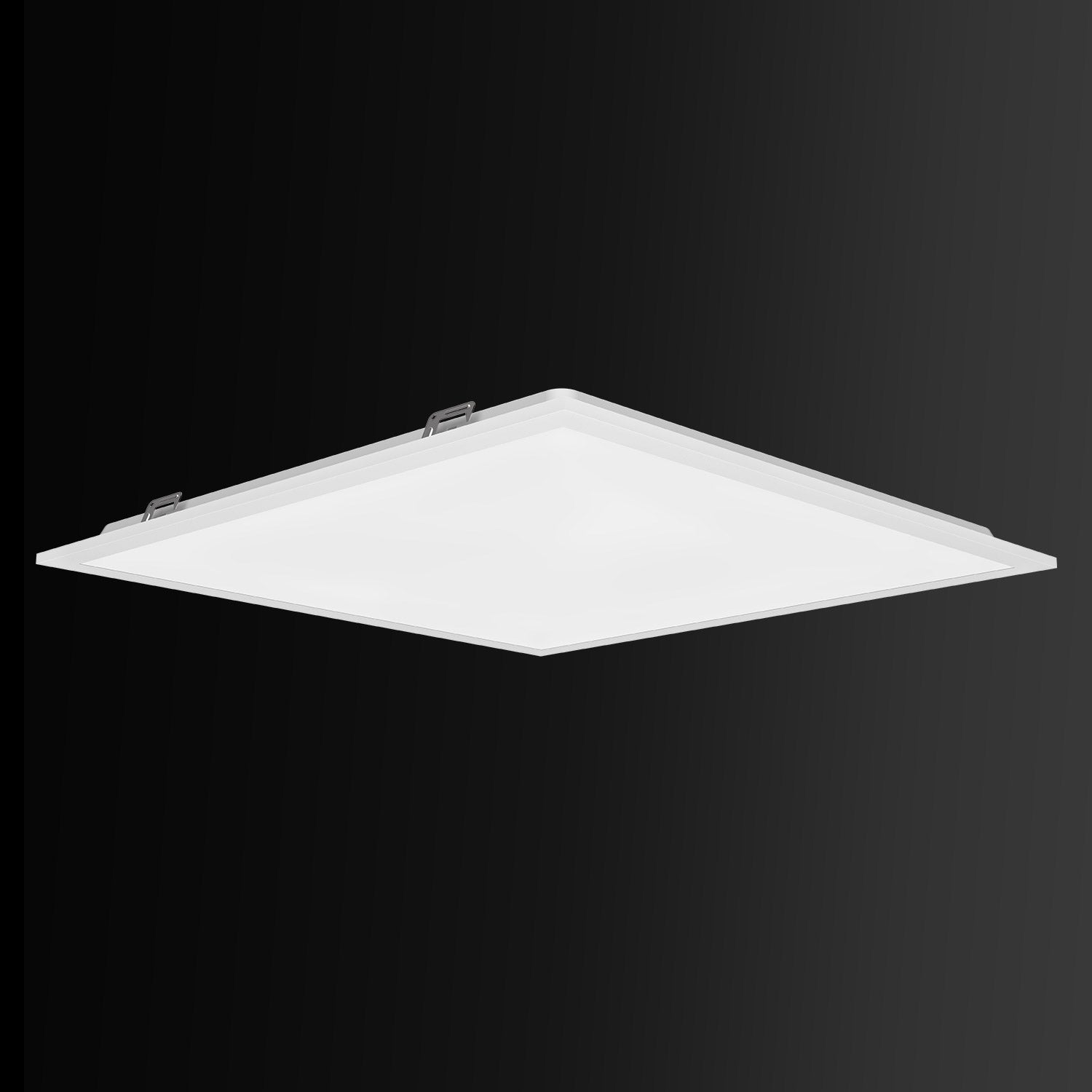
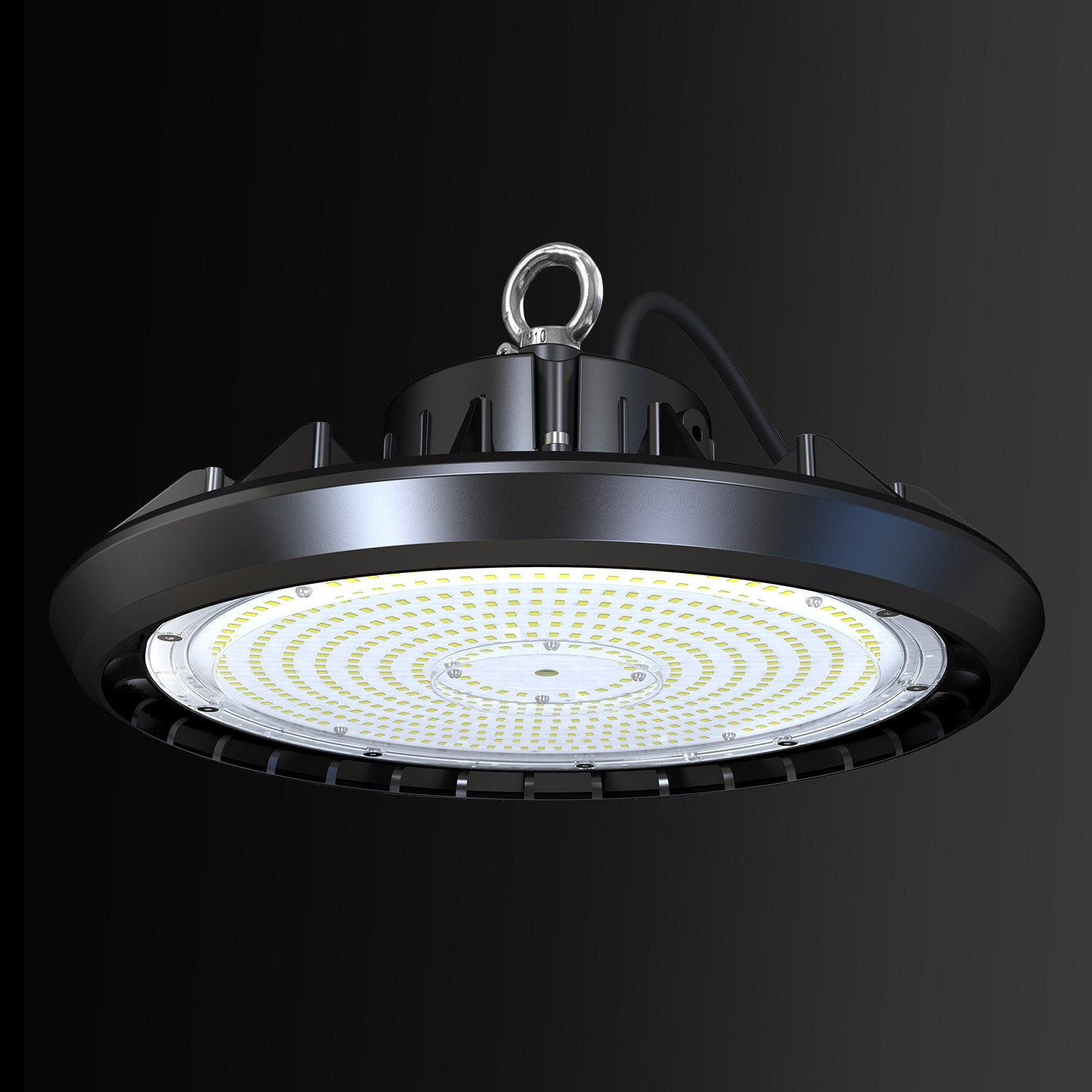
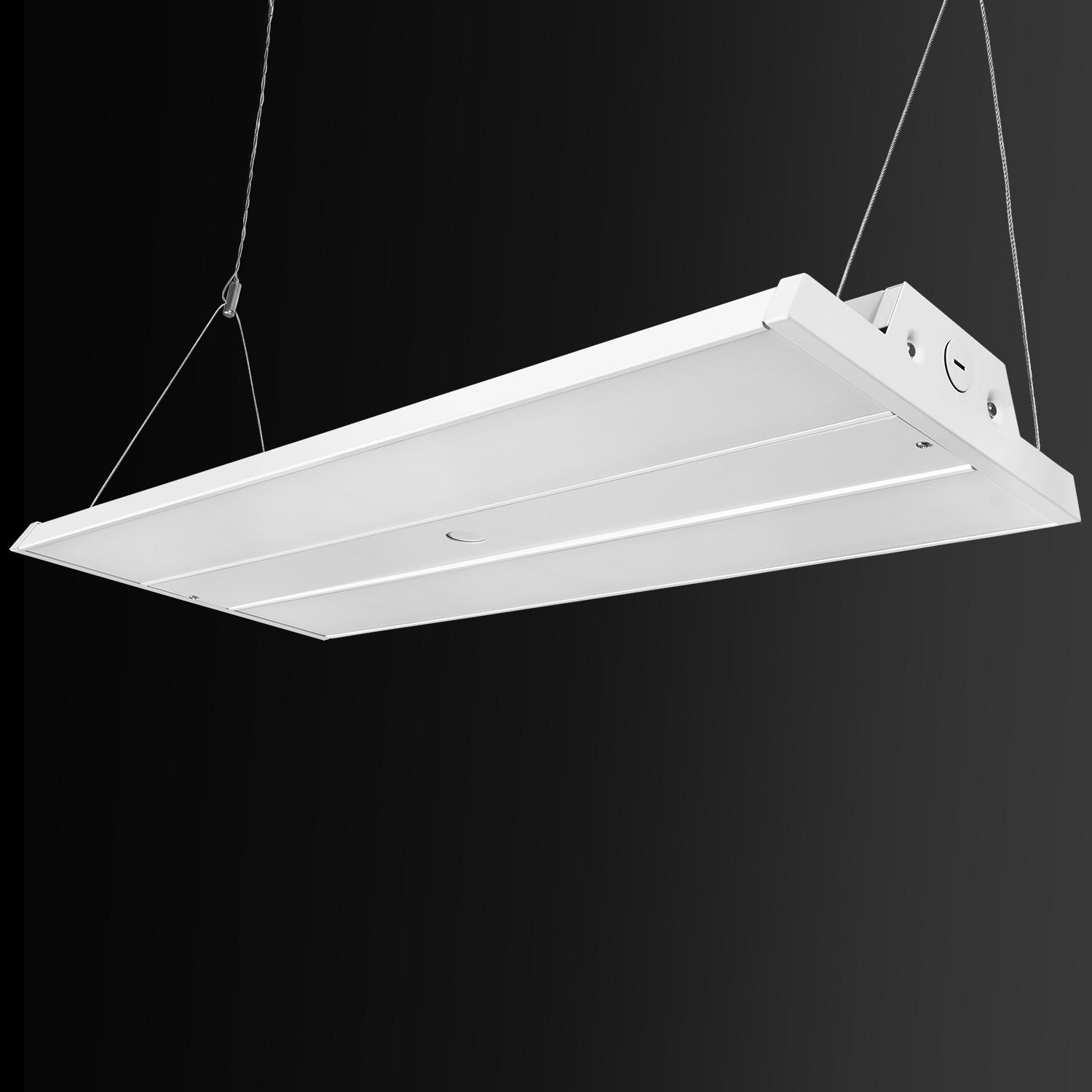
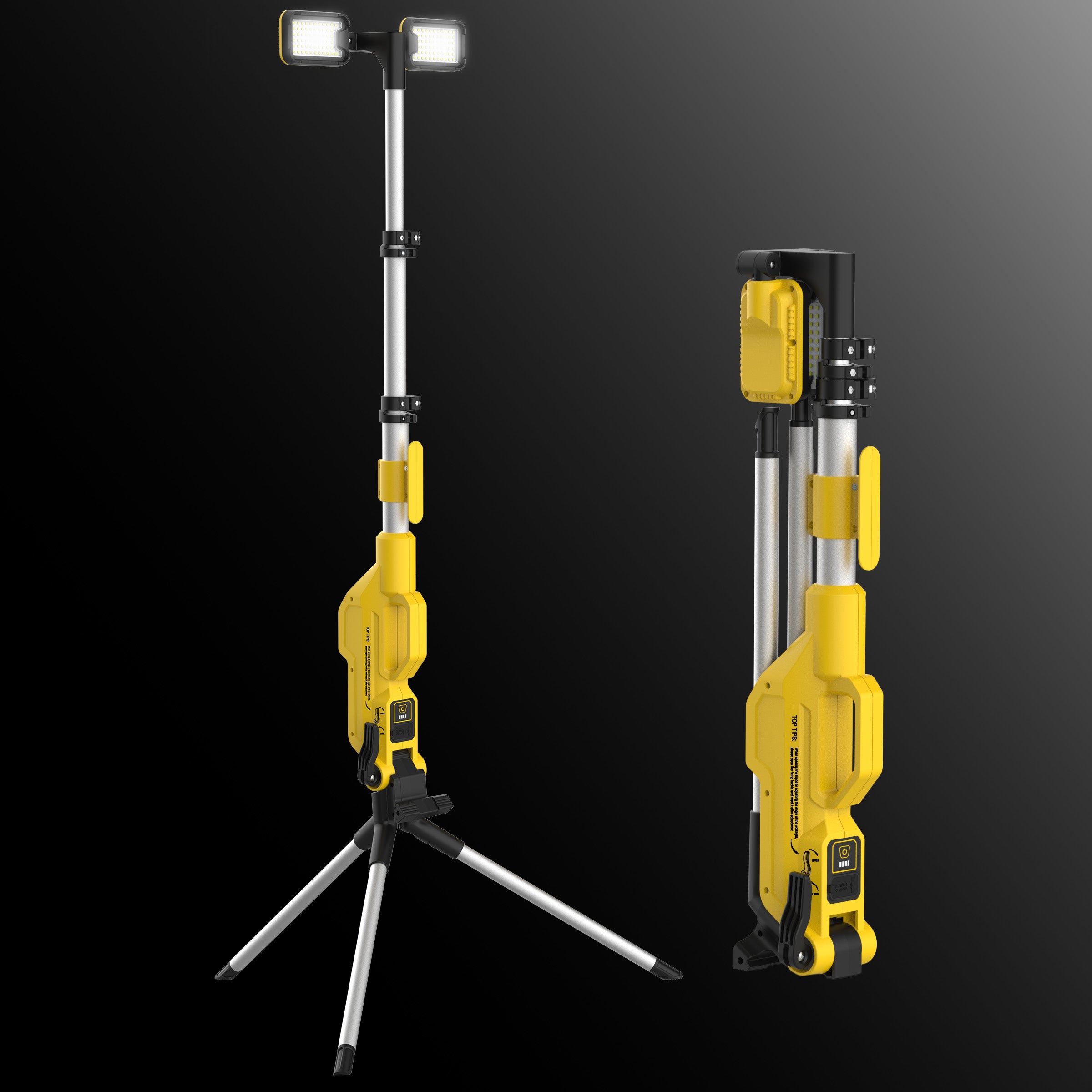
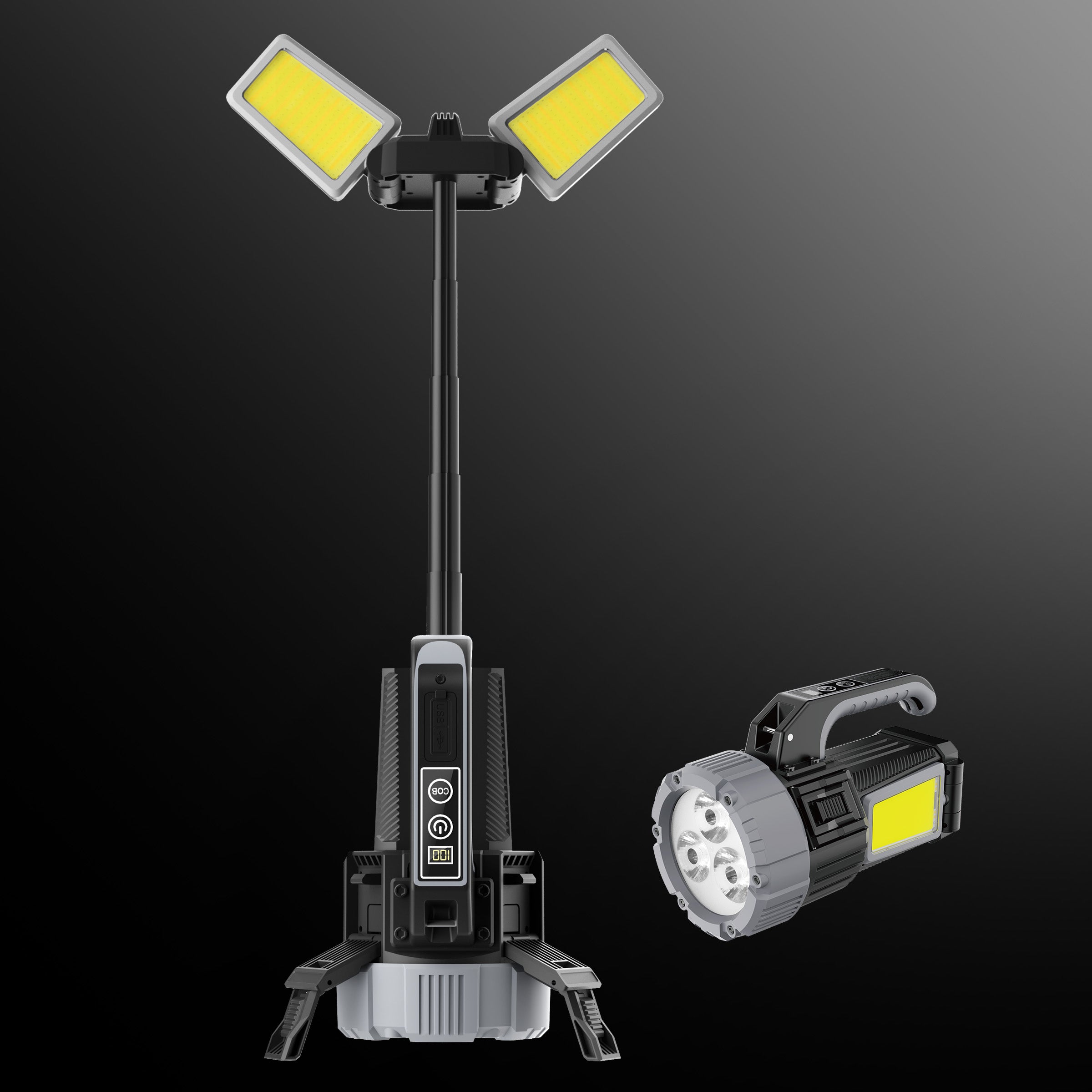


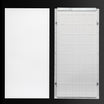
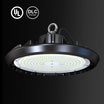
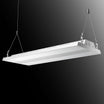


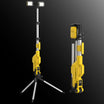
![[50%OFF] Hykoont LS018 Multi-Function 2 in 1 Flashlight Portable Extendable Adjustable Brightness CCT Bright](http://hykoont.com/cdn/shop/files/HYK-STDG18-2.jpg?v=1765273877&width=104)
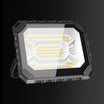



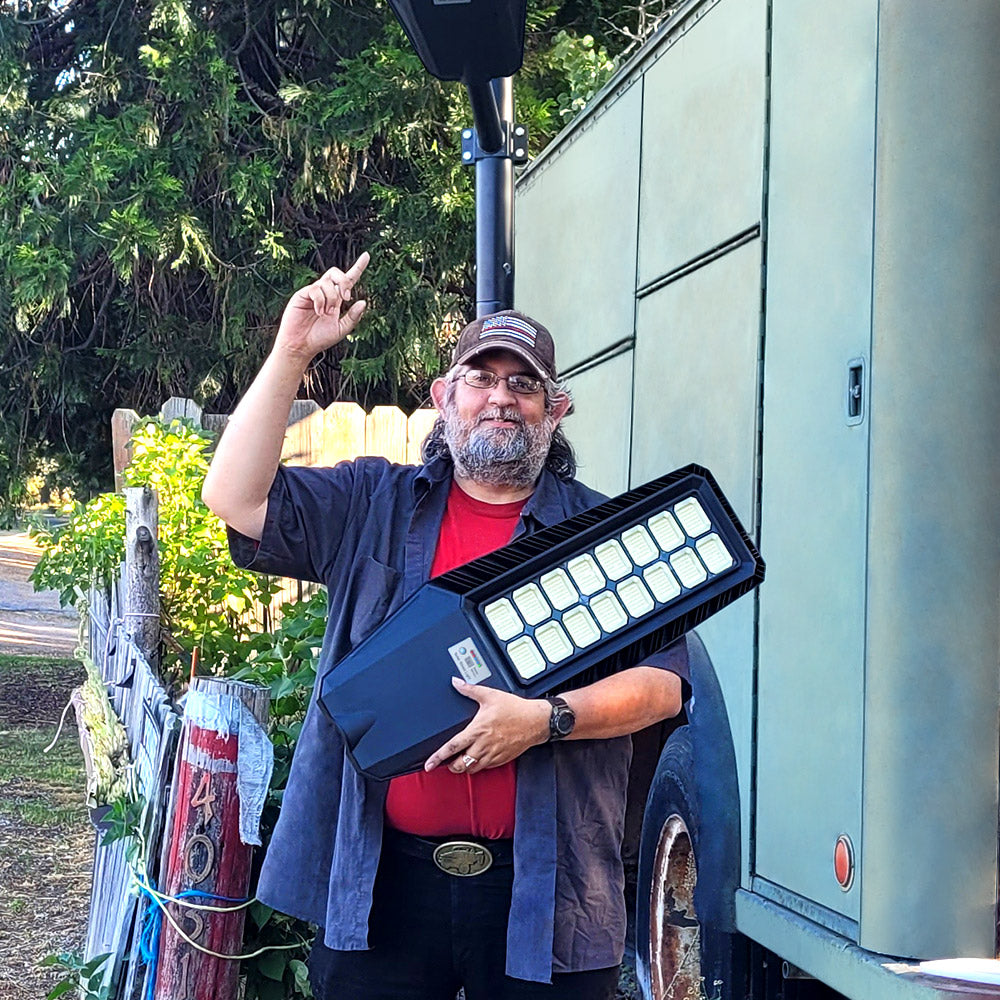

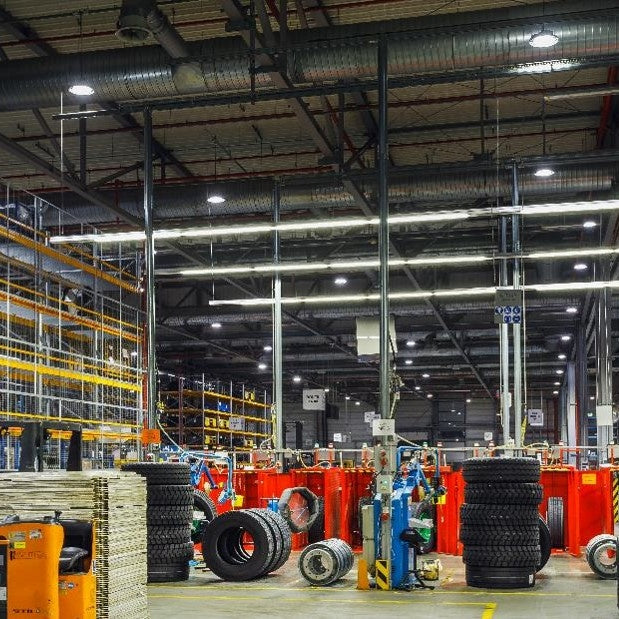
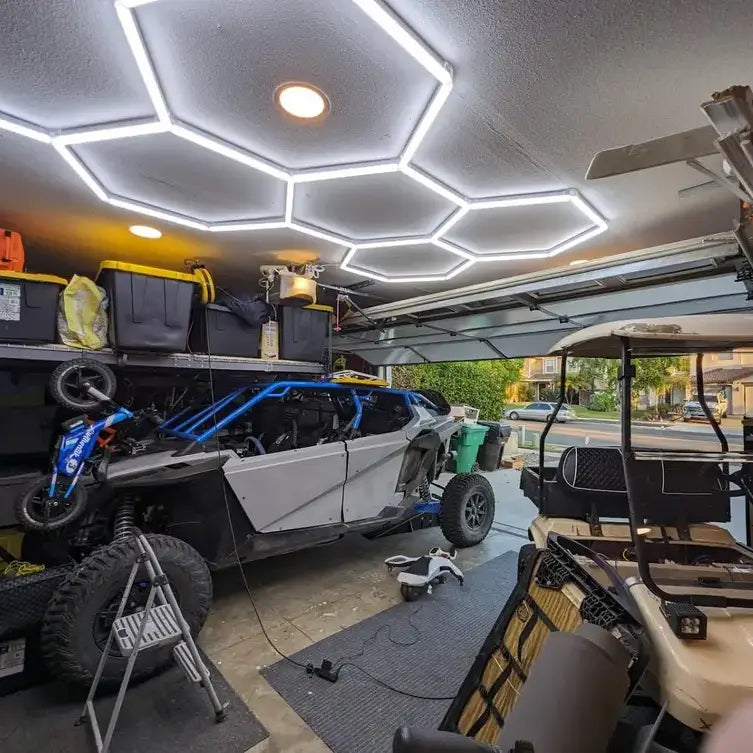
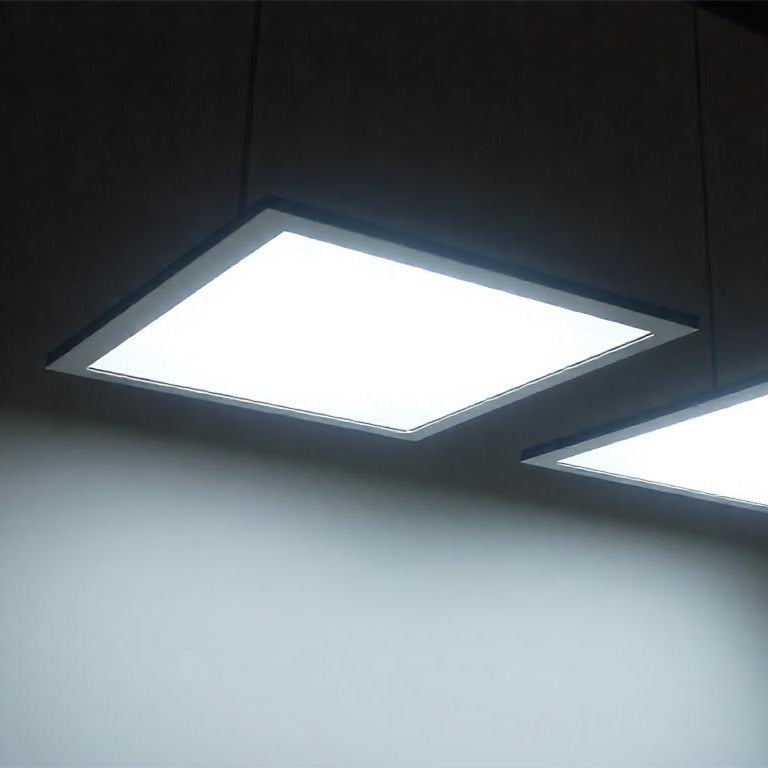
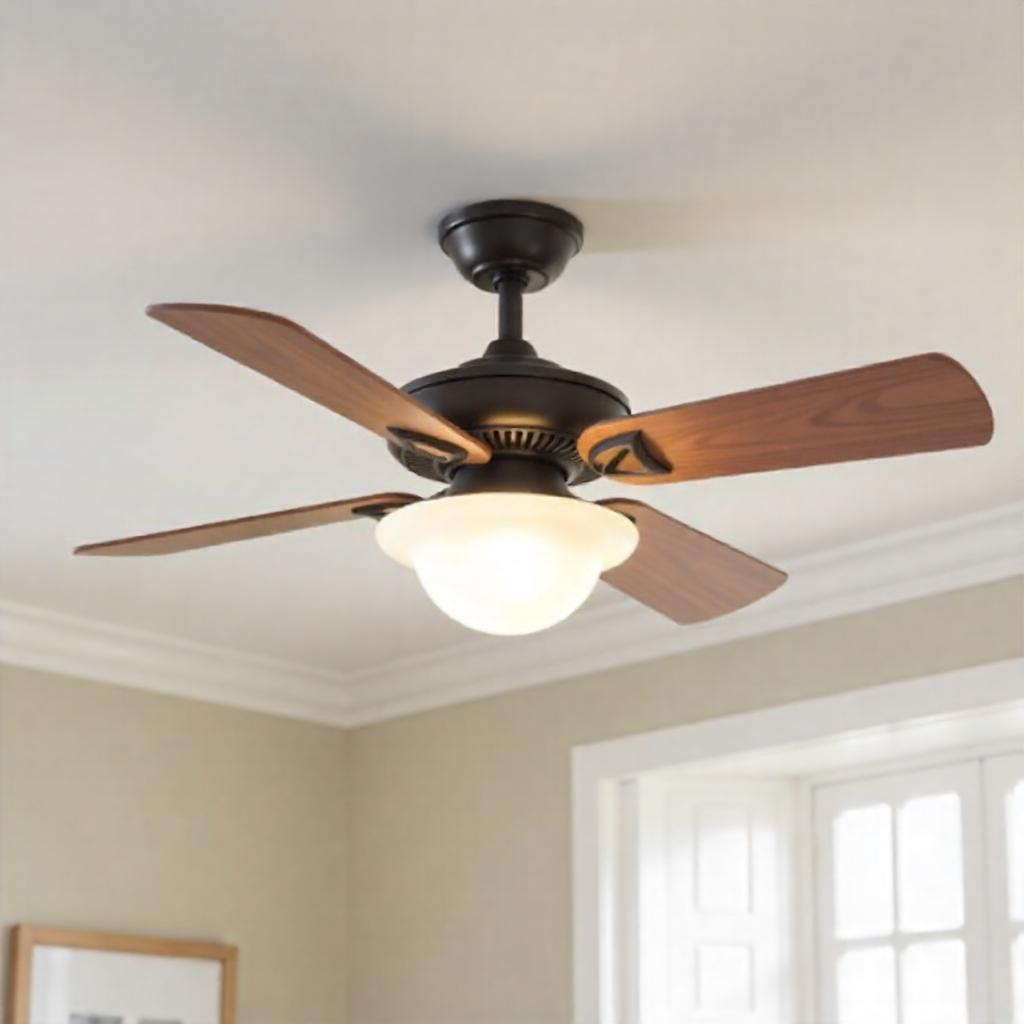
Leave a comment
This site is protected by hCaptcha and the hCaptcha Privacy Policy and Terms of Service apply.